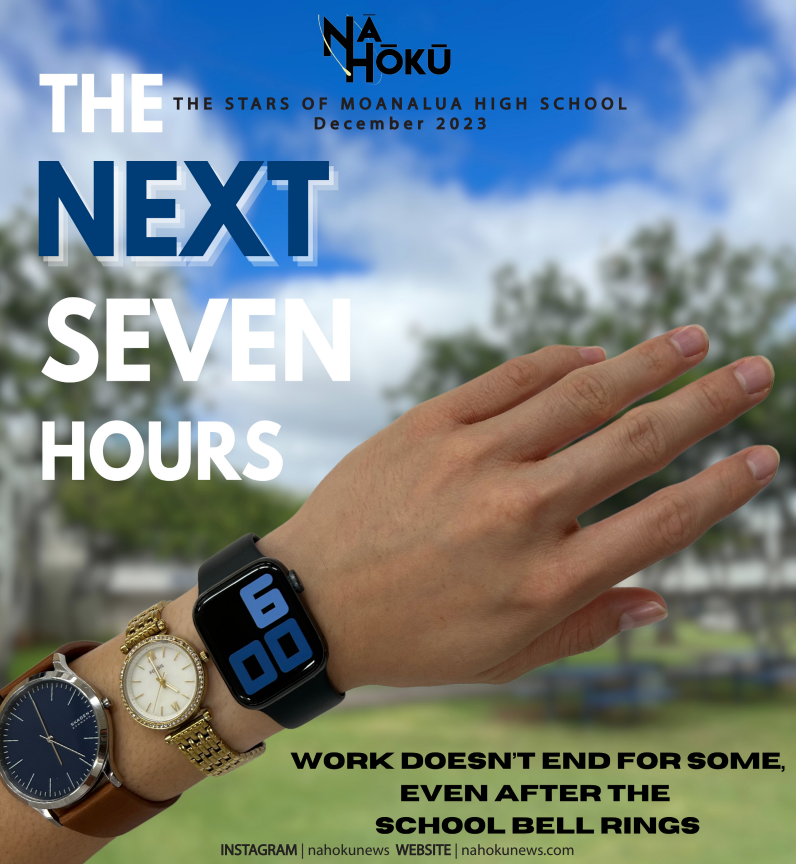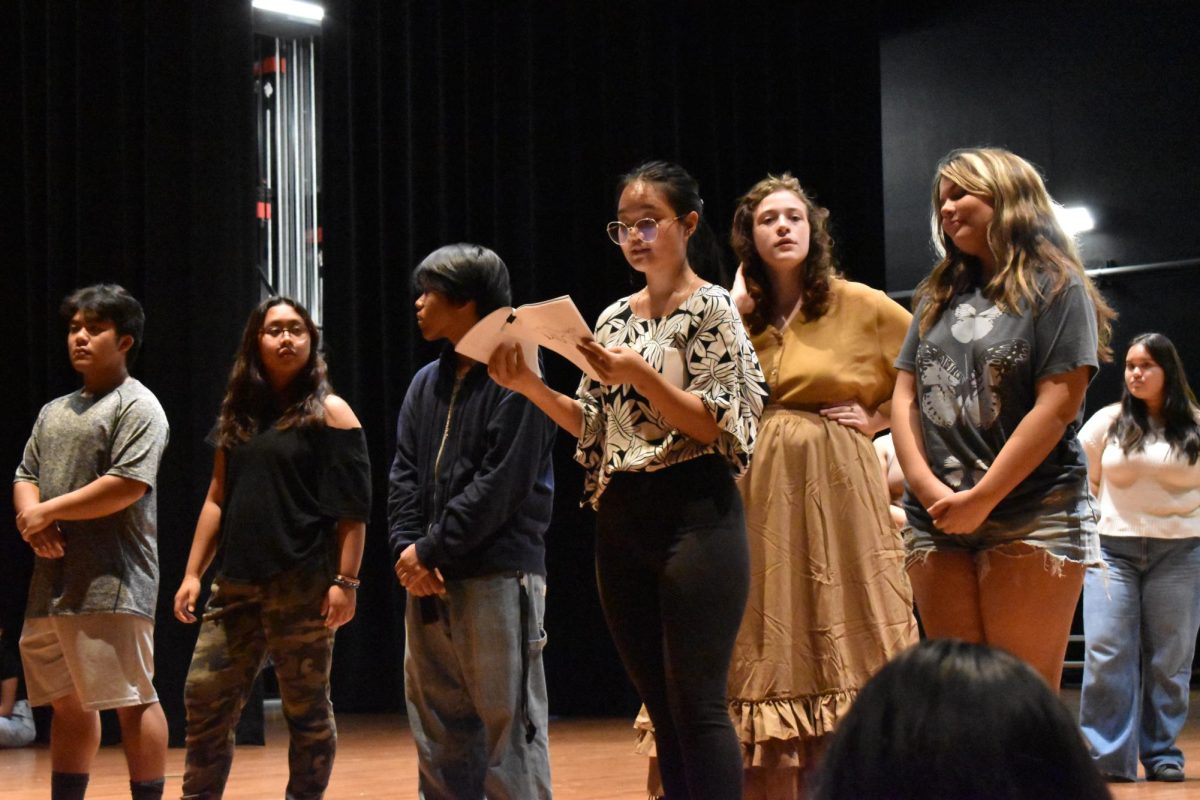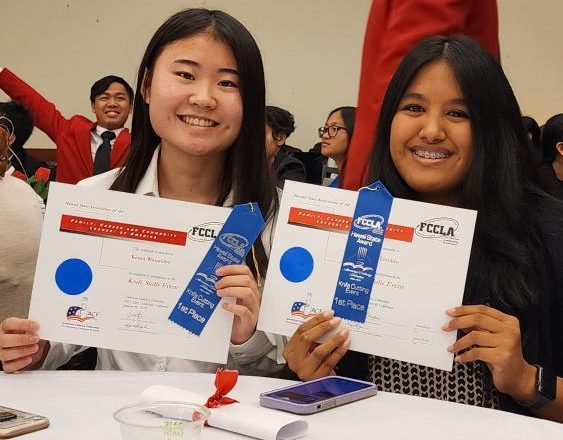For college students all over the U.S., paying for their college tuition is on their minds. And even though some students are paying their full tuition with no problem, the students who do not have that luxury of money, find themselves applying for multiple scholarships, especially if they’re paying out-of-state tuition.
Staying home is a reasonable option. For example, at the University of Hawaii at Manoa, the annual tuition for residents in Hawaii is $11,304, and $33,400 for non-resident students. University fees, books and supplies make this number higher.
For those coming to Hawaii from another location, an airline ticket, personal expenses, room and board ($14,936) add up to students needing to spend a lot of money.
When people research out-of-state tuition for any colleges, it’s important for students to remember that they will have to pay a higher price than an in-state resident. Student debts do affect the student’s decision of which college they are able to attend.
There are some things students can do to help before getting to that decision: working while going to school, taking AP classes in high school and/or applying for scholarships. Some people might wait to get the job while in college, as they will likely have more time in between classes where they could pay off any loans or debt by working at stores or restaurants.
Even though out-of-state students can apply for in-state tuition after one to two years of living in the new state, each state has its own residency requirements. Students still need to pay full tuition until they can pay the in-state tuition. It’s tough for the out-of-state student. The relocation expenses are high. And during a school break or holiday, out-of-state students still need to cover their expenses, like travel, food (if the eating halls are closed), and even paying to pack their stuff from their dorm into storage during the summer.
Along with out-of-state students having to deal with working during school, researching and applying for scholarships, handling relocation expenses and other expenses during breaks and holidays, they also have a lower college ROI (Return of Investment), which looks at costs and returns of attending college and earning a degree, and considers a variety of factors, like tuition, degree type, and post-graduation salary.
Between in-state and out-of-state, students would have a higher ROI, since when a student takes out-of-state student loans to cover the tuition, it lowers the ROI after graduation because the real costs of the degree will be higher. College debt, sadly, follows the borrower. It will not go away until it is repaid or forgiven. You could be in your 40s and still have debt. Last year, the US average was $38,000 per student who took out a loan.
So, students taking on the increased college debt because of higher tuition should study all their options. Some students are able to reduce their initial cost by earning Advanced Placement credits while in high school to eliminate the need to take as many college courses in the first place. For many students, the part-time job, scholarship (no need to pay back) and paid internships are helpful. Students should think about how much money they could earn once they get their degree to see if the price of the loan/debt is something they can pay off later. If they have a plan in advance to tackle it down and if it goes like planned, then they’re set for the rest of their college years and possibly beyond.










